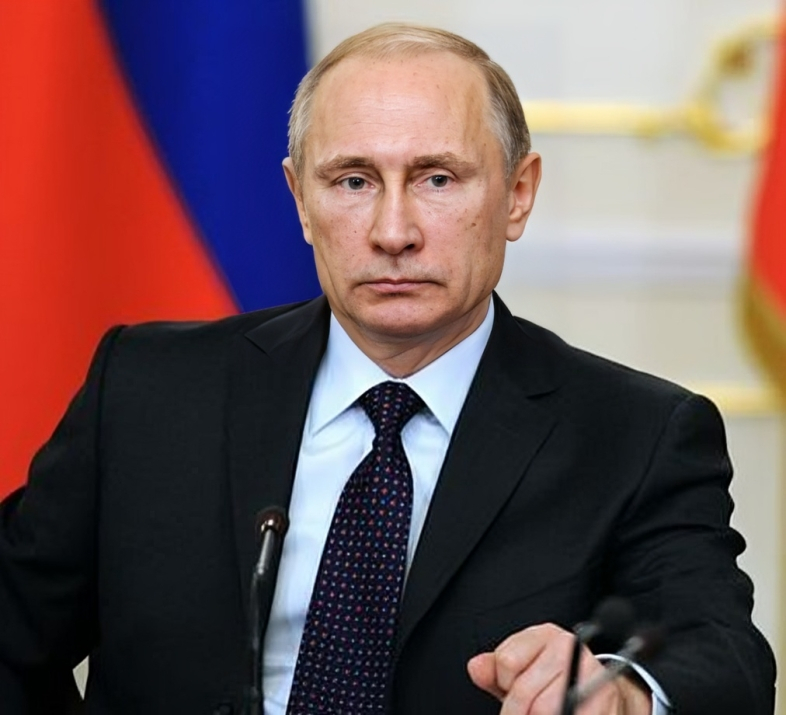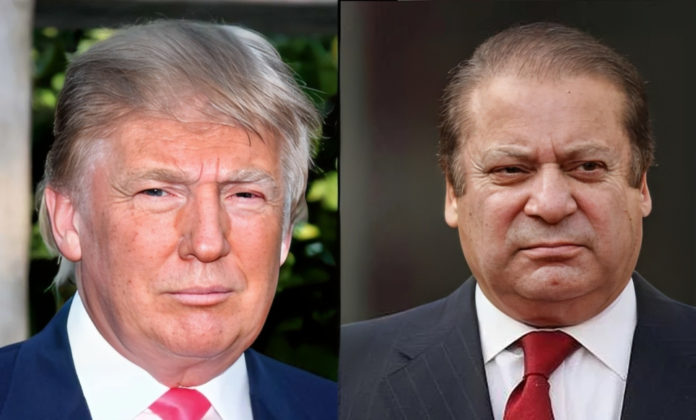Context
As President-elect Donald Trump puts together his cabinet that will shape the new American outlook, international actors are anxiously attempting to decipher what his presidency would mean for them, and meanwhile attempt to put a positive spin on it.
Some are taking his election rhetoric and statements literally, but then he has little experience about the subject matter he is commenting on. This often leads to more scrutiny i.e. if he consulted his respective advisors, and the current officials, before presenting his views. The situation becomes even more puzzling because he is not necessarily following the Republican Party playbook on various issues.
Others are attempting to interpret his future policies by the appointments he is making, and nominations he puts forward for the key positions. The background of these candidates whether they are from the corporate world or military suggests a lot too.
To whomever it concern, the major worry is: will Trump continue with the current US policies or break with them and take a new approach to address present challenges? Moreover, to assess how dramatic or ‘disruptive’ the new approach would be.
When it comes to the realm of foreign policy, reset with Russia perhaps is one of the key clues to understanding his worldview and a good point to start from.
The other reality to comprehend is the relative American economic weakness, and what according to Trump and his team, is the perceived cause for it.
Trump-Nawaz phone conversation
Of all the eccentric conversations President-elect Trump has had with foreign heads of state and government since winning the election, the one he had with Nawaz Sharif, Prime Minister of Pakistan, ranks as one of the more unusual ones.
Breaking protocol, the Pakistani government released a transcript of the telephone conversation which the PM initiated. That is highly unusual, in that a government doesn’t generally release what the foreign interlocutor said in the exchange.
According to the Pakistani version of the conversation, Trump was utterly effusive about the ‘amazing’ work the Prime Minister was doing for his country and what a ‘terrific guy’ he was. Upon being invited to visit Pakistan, Trump reportedly said that ‘he would love to come to a fantastic country, fantastic place of fantastic people.’ He added that ‘…all Pakistani people I have known are exceptional people’.
That seriously jars with some of his earlier views about Pakistan. Back in 2012, using his favourite social media platform he tweeted that ‘Pakistan is not our friend. We’ve given them billions and billions of dollars, and what did we get? Betrayal and disrespect and much worse.’ And more recently, he got into a public scrap with a Pakistani-American family who had lost their son in Iraq while serving as an officer in the US military. The Khans criticised Trump’s suggestion during his election campaign that all Muslims should be banned from coming into the US.
Many American commentators and analysts have ridiculed Trump’s call with Sharif because it further confirms Trump’s obvious lack of knowledge of international affairs. However Islamabad intends to build on that conversation to try to improve a bilateral relationship which hasn’t tracked well under President Obama.
Accordingly, PM Sharif’s main adviser on foreign policy, Tariq Fatemi was sent to Washington to talk to the Trump team and members of Congress to move the bilateral agenda forward. There’s a sense among political leaders in Pakistan that given Trump’s unorthodox approach to foreign affairs and his rejection of Washington’s traditional playbook—at least for the moment—perhaps there’s a window of opportunity to get back in America’s good books. Team members close to Trump informally endorse the view that surprises can be expected.

Dealing with Afghanistan
As with much of his foreign policy possibilities, it’s difficult to know what decision Trump will take on Afghanistan, having said virtually nothing about the issue during the election campaign. Back in 2011 he stated that the US should get out of Afghanistan because the Taliban would in any case eventually return to power. He also indicated then that he wasn’t keen to commit troops overseas if it’s not in America’s direct interest.
The fact remains that the same issues confronting the US today will need to be addressed by the new administration. And one of those which will need to be dealt with soon after Trump’s inauguration will be how many of the 10,000 American troops now in Afghanistan should be withdrawn. According to the latest US assessment, the Afghan security forces only control some 60% of the national territory, and they’re losing ground every day. The rest is either controlled or contested by the Taliban, al-Qaeda, the Islamic State and other foreign fighters.
Given the lack of reference points, it’s difficult to predict what approach a Trump administration will take towards Afghanistan and Pakistan. However, General (Retd) James Mattis and Lieutenant General (Retd) Michael Flynn, Trump’s nominees for Secretary of Defense and National Security Adviser respectively have both served in Afghanistan. They should know what a wicked problem Afghanistan is.
Judging from the appointment of Michael Flynn as the national security advisor, the focus will be more on strategic and ideological issues, especially radical Islam, as opposed to tactical matters. And in this there will be agreement with China and Russia, both worried about the growing threat from Daesh/ISIL/ISIS in different parts of the world. The nomination of ExxonMobil chief Rex W. Tillerson, who has close ties with Putin, further solidifies Trump’s pivot to Russia.
What It means for Pakistan?
The pressure on Pakistan will likely continue to deliver the Afghan Taliban to the negotiation table, exert military and financial pressure on them – especially the Haqqani network and eliminate any remaining presence of Afghan Taliban in the FATA region. However, the emerging position of China and Russia is increasingly different from that of the US. Both now view the Afghan Taliban as a bulwark against the spreading influence of Daesh/ISIS/ISIL and are willing to work with it. Thus the room for the US and NATO to maneuver in Afghanistan is consistently shrinking. But that does not mean US does not have leverages – but their impact is minimal.
Due to the ongoing military operation in Pakistan’s North Waziristan tribal agency for the last two and half years, many Taliban fighters have fled Pakistan and have resettled in Afghanistan. However, indications are that elements of the Pakistan army or intelligence service are either still providing support or aren’t vigorously pursuing some of those terrorist groups, in particular the Haqqani Network. Accordingly, US$300 million worth of American military assistance earmarked for Pakistan couldn’t be disbursed last year because US Defense Secretary, Ashton Carter, couldn’t certify to Congress that the Pakistan military was ‘taking demonstrable steps’ against the Haqqani Network. Carter needs to again provide such a certification if US$450 million is to be paid out as part of the current US National Defence Authorisation Act. It is unlikely that he will do so.
Implications of an Emboldened Russia
President-elect Trump may offer to work with Russia on Afghanistan as well, as he is expected to do with Russia on the Syrian affairs. China obviously is already involved economically in Afghanistan and as part of the Quadrilateral Coordination Group (QCG). But this conflicts directly with the role India is striving to play in Afghanistan, and will cause difficulties for Indo-Russian relations. Additionally, it will complicate Indian role in the BRICS and SCO, which is already straining because of the emerging tight US-India strategic cooperation.
Similarly, while Trump is willing to deal with Russia on Syria, ultimately he would have to reconcile on his hard stance towards Iran and the P5+1 nuclear deal. Or may be he expects that after the Russian reset, Putin would be more willing to negotiate with the US in taking a hard line towards Iran. A more likely outcome is an emboldened Russia and that may be the desired goal. As Europe and EU are in a weakened state it makes sense to partner with Russia.
Ultimately, one of the strategic US objectives would be to pull Russia away from China and diminish their growing strategic alliance. This may involve taking a harder position towards China, as witnessed by Trump’s statements regarding US One China policy and by talking with the Taiwanese leader.
An empowered Russia is likely to become even more assertive in other theaters and threaten Chinese aspirations. However, for the time being this posture will greatly unnerve American allies such as India, the Europeans, and the Gulf States.
For all intents and purposes, the US under Trump appears to be making a temporary retreat in world affairs, relegating some of the influence to Russia for the time being. And this retreat will face considerable policy challenge from within the American establishment.





